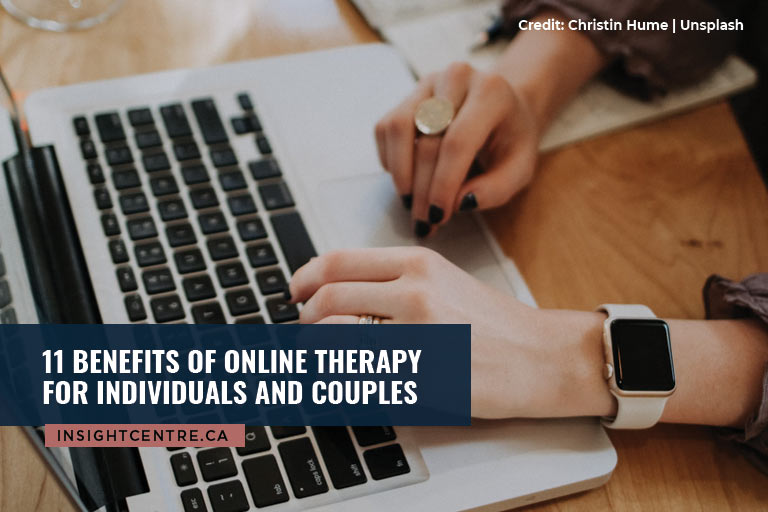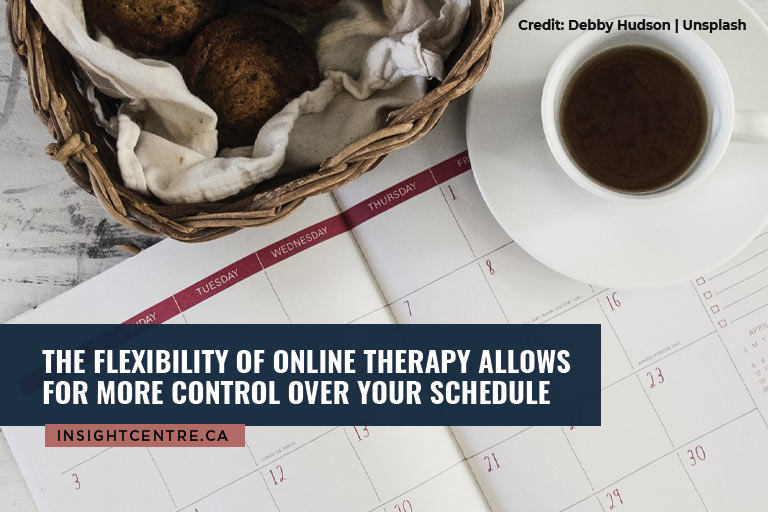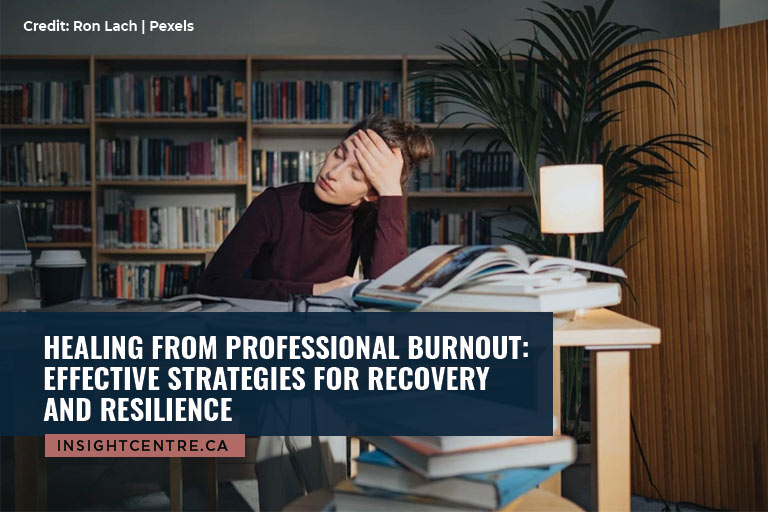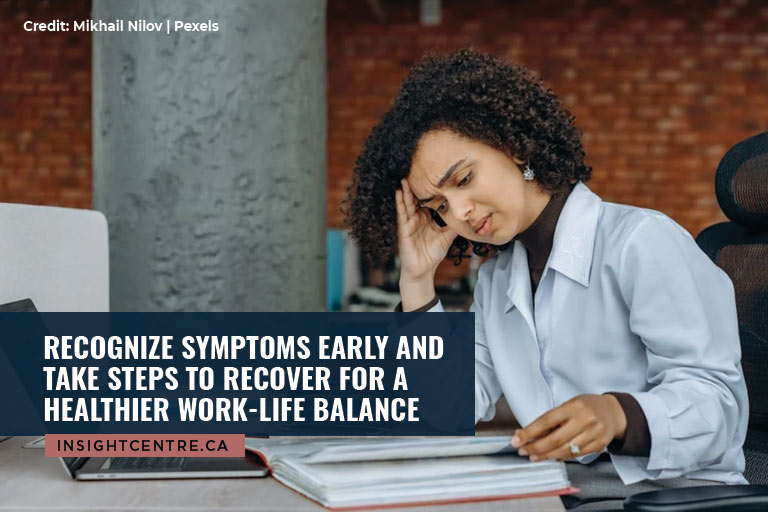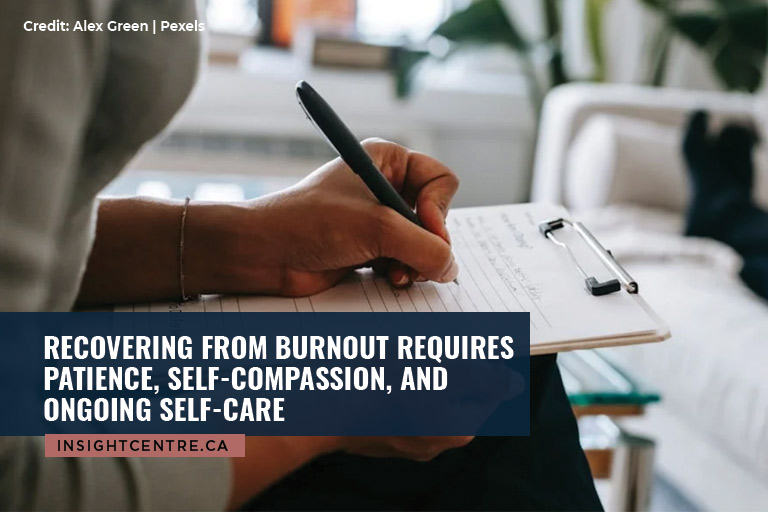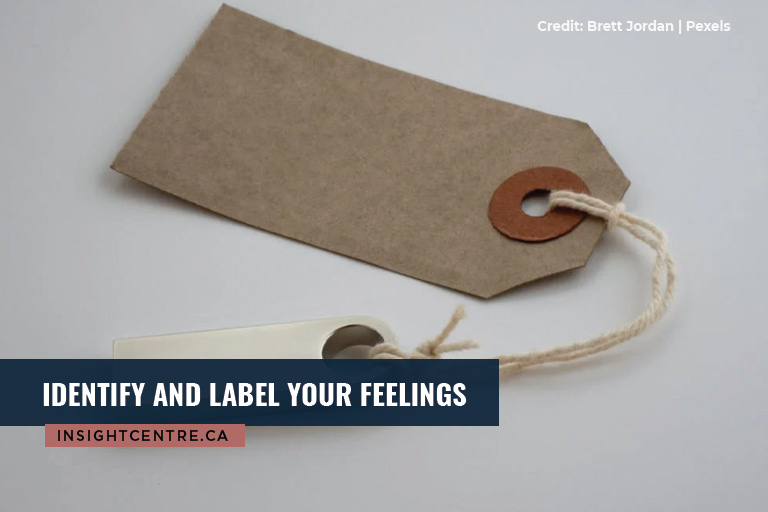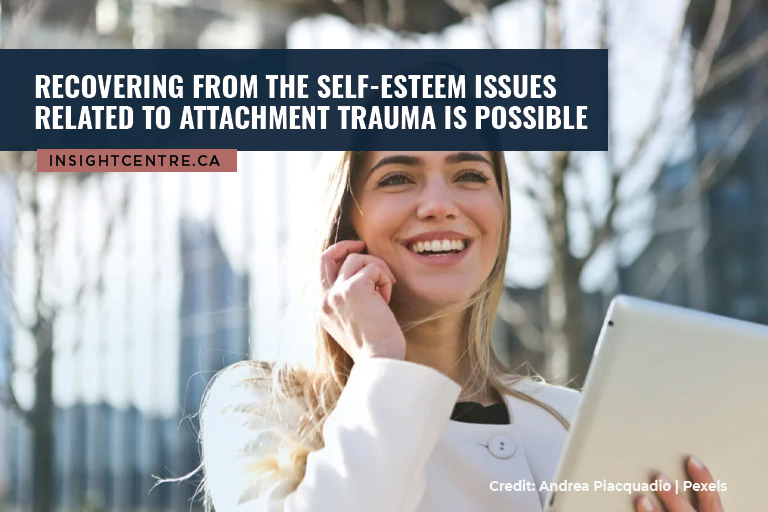Social Anxiety – Signs, Coping Strategies, and When to Get Professional Help

Social anxiety disorder (SAD), or social phobia, is a mental health condition that’s characterized by intense anxiety and fear in social situations. This fear stems from the belief that one will be judged, criticized, or humiliated by others. It’s more than just shyness; it’s a persistent and overwhelming anxiety that interferes with daily life, work, school, or social activities. According to Statistics Canada, as many as 13% of Canadians will experience SAD in their lifetime.
Understanding the signs, developing effective coping strategies, and knowing when to seek professional help are crucial for managing social anxiety and improving quality of life.

Recognizing the Signs of Social Anxiety
Below are the symptoms of social anxiety:
Emotional and Psychological Symptoms
Intense Fear of Social Situations
This is the core symptom of SAD. Individuals with SAD experience significant anxiety even before a social event, dreading the interaction. This fear can be so intense that it leads to avoidance of social situations altogether.
Fear of Negative Evaluation
People with SAD worry excessively about being judged, criticized, or perceived as awkward, stupid, or boring. They may fear saying or doing something that will lead to embarrassment or humiliation in front of others.
Overwhelming Anxiety in Social Settings
During social interactions, individuals with SAD experience intense feelings of anxiety, nervousness, and even panic. They may feel like everyone is watching them and judging their every move.
Anticipatory Anxiety
This is the anxiety experienced in the days or hours leading up to a social event. It can be so intense that it leads to avoidance of the event altogether.
Rumination After Social Events
After a social interaction, individuals with SAD may replay the event in their minds, focusing on perceived mistakes or flaws. They may overanalyze every word and action, worrying about how they were perceived by others.
Feelings of Inadequacy and Inferiority
People with SAD may compare themselves negatively to others and feel inadequate in social situations. They may believe that they are not as good as others and that they don’t belong in social settings.
Difficulty Concentrating or “Mind Going Blank”
Anxiety can make it difficult to focus or think clearly in social situations. Individuals with SAD may experience their mind going blank or have difficulty remembering what they wanted to say.
Irritability and Restlessness
Social anxiety can manifest as general irritability and an inability to relax. People with SAD may feel on edge and restless, even when they are not in a social situation.
Physical Symptoms
Blushing
This is a common physical manifestation of anxiety, especially in social situations. Individuals with SAD may blush easily and profusely when they feel anxious or embarrassed.
Sweating
Excessive sweating can occur due to heightened anxiety. People with SAD may sweat profusely in social situations, even when it is not hot.
Trembling or Shaking
Individuals with SAD may experience noticeable trembling or shaking in social situations. This can be particularly embarrassing and can further fuel their anxiety.
Rapid Heartbeat
Anxiety can cause the heart to beat faster and stronger. People with SAD may experience a racing heart or palpitations in social situations.
Nausea or Stomach Upset
Some people experience nausea, stomach cramps, or other digestive issues due to anxiety. This can be particularly problematic in social situations where eating or drinking is involved.
Shortness of Breath
Anxiety can lead to rapid and shallow breathing. People with SAD may feel like they are unable to catch their breath in social situations.
Dizziness or Lightheadedness
Feeling dizzy or lightheaded can be a symptom of panic and anxiety. People with SAD may experience these symptoms in social situations, especially if they are feeling overwhelmed.
Muscle Tension
Social anxiety can cause muscle tension and stiffness. People with SAD may experience tension in their neck, shoulders, or back.
Dry Mouth
This can be a side effect of anxiety and certain medications. People with SAD may experience a dry mouth in social situations, which can make it difficult to speak or swallow.
Behavioural Symptoms
Avoidance of Social Situations
This is a common coping mechanism for SAD. Individuals with SAD may avoid parties, meetings, public speaking, or even everyday interactions like going to the grocery store.
Social withdrawal
They may isolate themselves from friends and family to avoid social interactions. This can lead to feelings of loneliness and isolation, which can further exacerbate their anxiety.
Difficulty Making or Maintaining Eye Contact
Eye contact can feel threatening to someone with social anxiety. People with SAD may avoid eye contact altogether or make only brief and fleeting eye contact.
Speaking Softly or Avoiding Speaking Altogether
They may be afraid of drawing attention to themselves. People with SAD may speak softly or avoid speaking altogether in social situations.
Clinging to a Safe Person
In social situations, they may stick close to someone they feel comfortable with. This can provide a sense of security and reduce their anxiety.
Using Alcohol or Drugs to Cope
Some individuals may turn to substance use to manage their anxiety in social situations. This can be a dangerous coping mechanism and can lead to addiction and other problems.

Effective Coping Strategies for Social Anxiety
While professional help is often necessary for overcoming Social Anxiety Disorder (SAD), several coping strategies can help manage symptoms and improve daily functioning. These strategies can be used in conjunction with therapy or as a way to manage milder forms of social anxiety. Finding the right combination of coping mechanisms takes time and experimentation. What works for one person may not work for another.
Cognitive Restructuring
This involves identifying and challenging negative thoughts and beliefs that fuel social anxiety. Common negative thoughts include “Everyone is judging me,” “I’m going to mess this up,” or “I’m so awkward.” Cognitive restructuring helps replace these negative thoughts with more realistic and balanced ones. For example, instead of “Everyone is judging me,” you could think, “Most people are probably focused on themselves, and even if someone is judging me, that’s their opinion, not a reflection of my worth.”
Gradual Exposure
This involves gradually exposing yourself to feared social situations in a controlled and safe manner. Start with less threatening situations and gradually work your way up to more challenging ones. For example, if you’re afraid of public speaking, you might start by practicing in front of a mirror, then in front of a small group of friends, and eventually in front of a larger audience. The key is to take small, manageable steps and to avoid pushing yourself too hard too quickly.
Relaxation Techniques
Practicing relaxation techniques can help calm the nervous system and reduce anxiety symptoms. Deep breathing exercises, progressive muscle relaxation, and meditation are all effective techniques. Regular practice can make these techniques more effective in managing anxiety in the moment.
Mindfulness
Mindfulness involves paying attention to the present moment without judgment. This can help you become more aware of your thoughts and feelings without getting carried away by them. Mindfulness practices, such as meditation or mindful walking, can help you observe your anxiety without getting caught up in it.
Social Skills Training
Improving social skills can boost confidence and reduce anxiety in social situations. This might involve practicing conversations, learning about body language, or developing assertiveness skills. Role-playing social situations can be particularly helpful in developing and practicing these skills.
Physical Exercise
Regular physical activity has been shown to effectively improve mood and reduce anxiety. Even moderate exercise, such as walking or jogging, can make a difference.
Healthy Lifestyle
Getting enough sleep, eating a healthy diet, and avoiding excessive caffeine and alcohol can also help manage anxiety symptoms. These lifestyle factors play a significant role in overall mental health.
Support Groups
Connecting with others who understand social anxiety can be incredibly helpful. Sharing experiences and learning from others can reduce feelings of isolation and shame. Knowing you’re not alone in your struggles can be incredibly validating.
Alternative Therapies
While research is still ongoing, some individuals find relief through alternative therapies such as yoga, tai chi, or acupuncture. These practices can promote relaxation and well-being.
When to Get Professional Help
While coping strategies can be helpful, they are often not enough to overcome Social Anxiety Disorder completely. If your social anxiety is significantly impacting your daily life, work, or relationships, Seek professional help. Don’t hesitate to reach out sooner rather than later.
Signs It’s Time to Seek Professional Help:
- Your social anxiety is causing significant distress or impairment in your daily life. If you’re avoiding social situations altogether, struggling at work or school, or having difficulty maintaining relationships, it’s time to seek help.
- You’ve tried coping strategies on your own, but they haven’t been effective. If you’ve been trying to manage your anxiety on your own without success, professional guidance can be invaluable.
- You’re experiencing other mental health concerns, such as depression or substance abuse. Social anxiety often co-occurs with other mental health conditions, and it’s important to address all of them.
- You’re having thoughts of harming yourself or others. If you’re experiencing suicidal ideation, seek immediate help.
Overcoming social anxiety can be challenging, but it is possible. You are not alone, and there are many resources available to help you. If you are struggling with social anxiety, don’t hesitate to reach out for professional help.
If you’re ready to take the first step towards managing your social anxiety, contact Insight Centre Counselling & Psychotherapy at +1 647-633-1928. Our psychotherapist provides online therapy and counselling for individuals living in Barrie, Ontario and beyond.


















